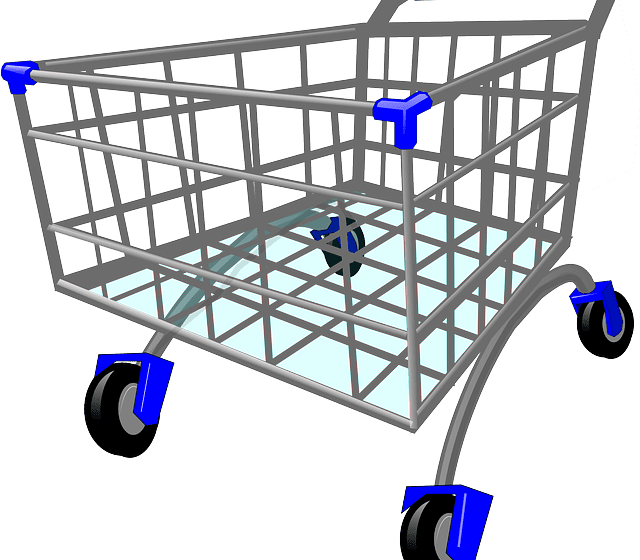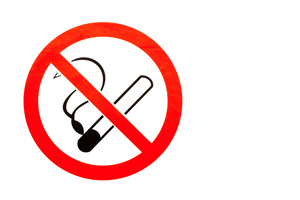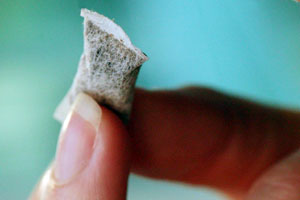Non-smokers in New Zealand welcomed the New Year in the knowledge that smokers would be paying even more tax and thereby funding public services that non-smokers could enjoy. Read More
Tags :New Zealand
New Zealand is currently behind in its quest to reduce its tobacco-smoking incidence to five percent by 2025, and it isn't going to get there walking. Read More
Restricting the number of tobacco retailers would mean that smokers could quit 'more easily', according to researchers in New Zealand; but would this be 'encouragement' or coercion?Read More
Although the incidence of smoking has fallen in New Zealand; the present rate of decline is not going to be enough for the government to hit its tobacco-smoke-free target by 2025.Read More
The lingering question of how to regulate vaping devices and heat-not-burn products is to be looked at again in New Zealand.Read More
In New Zealand, the amount of litter is measured by the number of rugby pitches it would cover – an image that most locals would find too distressing to contemplate.Read More
A change in government in New Zealand seems to have put a brake on a move to legalize vaping with nicotine, leaving smokers in a difficult place.Read More
A charge brought in respect of a heated-tobacco product in New Zealand seemed to be a case of going through the motions; but it did highlight the need for more legal clarity.Read More
In putting forward the case for smokeless tobacco, a company in New Zealand has made the point that there is a need ‘to remove the stigma that cigarettes have on tobacco’. Read More
If New Zealand’s Ministry of Health loses a court case against heated-tobacco products, these products are likely to become available more quickly than if the law needs to be changed.Read More







